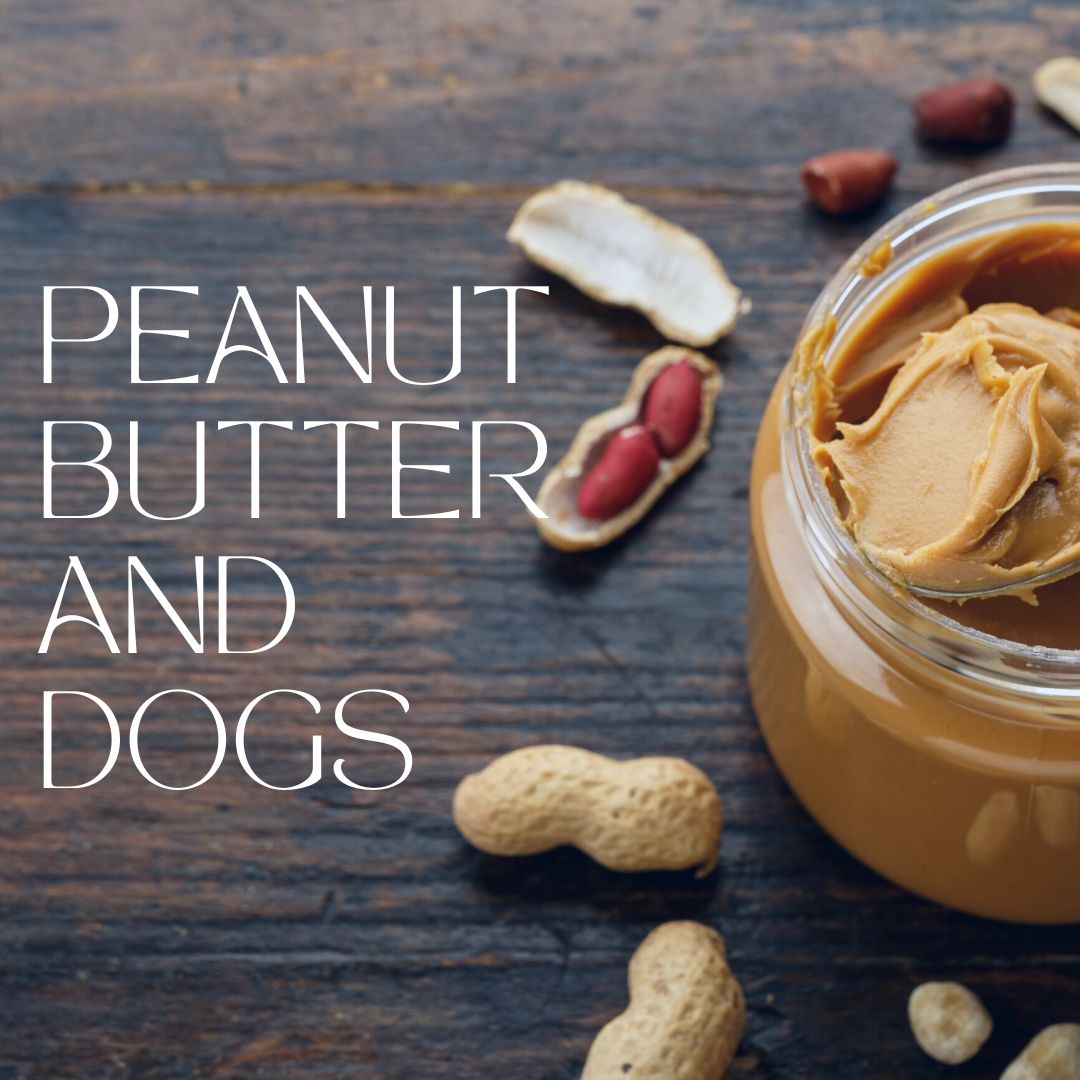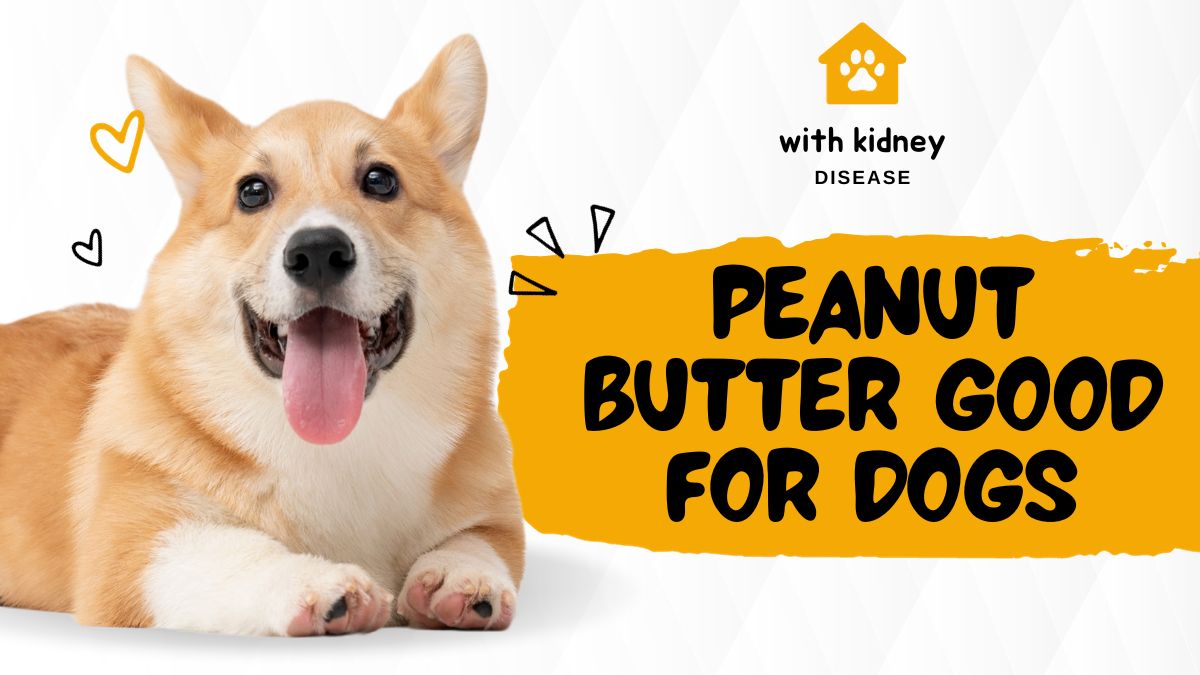Introduction:
Is peanut butter good for dogs with kidney disease while peanut butter is often considered a tasty treat for dogs, it may not be the best choice for those with kidney disease.
This delicious spread is known to contain high levels of phosphorus, which can put additional strain on the already compromised kidneys.
Dogs with kidney disease require a low-phosphorus diet to manage their condition effectively. Therefore, it would be wise to consult your veterinarian before including peanut butter in your dog’s renal diet.
Additionally, peanut butter can be high in fat and salt content. These ingredients are also detrimental to dogs with kidney disease as they can contribute to hypertension and weight gain, complicating their condition further.
It is essential to prioritize your dog’s health by searching for low-fat and low-sodium alternatives that won’t jeopardize their well-being.
Overall, while peanut butter may be a beloved snack for many dogs, those suffering from kidney disease require extra care when it comes to their dietary choices. Always make sure to consult your vet before introducing any new foods into your furry friend’s renal-friendly meal plan.
Table of Contents
Kidney Disease in Dogs
Kidney disease, also known as renal disease, is a common health issue that affects dogs of all breeds and ages.
It refers to the gradual loss of kidney function over time, leading to a range of symptoms and complications.
The kidneys play a vital role in maintaining the body’s balance by filtering waste products and producing urine. When the kidneys become damaged or fail to function properly, toxins build up in the bloodstream and can cause serious health problems.
Kidney disease is a common health issue that affects dogs of all ages, and a specialized diet plays a crucial role in managing the condition. Dogs with kidney disease require a unique nutritional plan tailored to their specific needs.
This is because the kidneys are responsible for removing toxins from the body, regulating blood pressure, and maintaining overall balance in the body. When these vital organs become compromised, it becomes imperative to adjust their diet accordingly.
Nutritional Needs of Dogs with Kidney Disease
Dogs with kidney disease require special dietary considerations to manage their condition and maintain overall health.
The kidneys are responsible for filtering waste products from the blood, and when they are not functioning properly, dogs can develop a buildup of toxins in their bodies.
To mitigate this, a low-protein diet is often recommended for dogs with kidney disease. While protein is essential for muscle development and overall body function, excessive amounts can put strain on the kidneys.
Therefore, it is crucial to feed dogs with renal problems a high-quality protein source that is easily digestible.
In addition to managing protein intake, phosphorus restriction is another crucial aspect of a dog’s diet when dealing with kidney disease.
High levels of phosphorus in the blood can further damage the kidneys and worsen the condition. Thus, selecting commercially available dog food formulated specifically for renal support should be beneficial as these diets usually contain reduced levels of phosphorus along with added electrolytes like potassium.
Peanut Butter and Dogs
One reason why peanut butter has become such a hit among dogs is its high protein content. Dogs require protein to build and repair tissues, and peanut butter serves as an excellent source of this essential nutrient.
Not only does it provide them with energy, but it also supports their muscle development.
Peanut butter is not only delicious but also packed with essential nutrients that make it a healthy addition to your diet. One of the key components of peanut butter is protein, which plays a crucial role in building and repairing tissues.

With around 8 grams of protein per serving (2 tablespoons), peanut butter can be a great option for those looking to increase their protein intake.
Peanut butter has long been a favorite treat for humans, but did you know that dogs can also enjoy the many benefits of this delicious spread?
Not only does peanut butter make for a tasty reward, but it also offers numerous nutritional advantages.
Peanut Butter for Dogs with Kidney Disease
Can dogs with kidney disease safely indulge?
The answer lies in the moderation and careful selection of low-sodium, natural peanut butter. While high levels of sodium can be harmful to dogs with kidney disease, there are options available that contain considerably lower amounts.
It is important to read the labels and opt for brands that prioritize simplicity over additives and preservatives.
The high phosphorus content of peanuts can be problematic for these dogs as their kidneys struggle to filter this mineral effectively. Excessive phosphorus intake can further strain the already weakened kidneys and lead to complications.
Alternative Treat Options
For dogs diagnosed with kidney disease, it can be overwhelming to navigate the world of treatment options.
While traditional veterinary care and prescription medications are often essential, many pet owners are seeking alternative treatments to complement their dog’s medical plan. One option that has gained popularity is acupuncture.
This ancient Chinese practice involves inserting tiny needles into specific points on the body to stimulate healing. Many pet owners report positive results from acupuncture sessions for their dogs with kidney disease, including improved energy levels and reduced pain.
Conclusion
While peanut butter may be a delicious treat for dogs, it is not recommended for those with kidney disease.
The high phosphorus content in peanuts can further strain the kidneys and worsen the condition. Additionally, the high-fat content in peanut butter can lead to weight gain and put additional stress on the kidneys.
Instead, it is best to follow a veterinarian’s recommended diet plan for dogs with kidney disease, which typically includes low-phosphorus and low-protein foods.
It is important to prioritize your dog’s health and well-being by making informed choices about their diet. Consult with your veterinarian to ensure you are providing the best nutrition for your furry friend.










